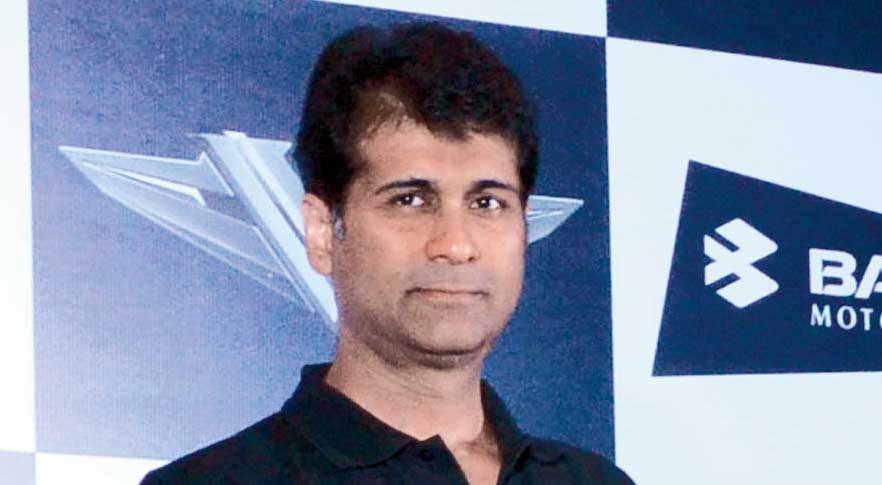Corporate covens have been buzzing in disbelief after Rajiv Bajaj decided to call out the Narendra Modi government’s month-long lockdown as a monumental blunder. Mr Bajaj is a well-known straight-talking man. He famously described the demonetization exercise as an epic disaster. This time, the Bajaj Auto boss has gone even further, accusing the government of spreading economic gloom with its impetuous decision to enforce a rigid lockdown. If the coronavirus started the crisis, he said, the Centre was propagating it. These are harsh words. Many industrialists probably share Mr Bajaj’s views but are aghast that he had the courage to articulate it in public. The auto industry tycoon was equally dismissive of the Centre’s move to relax lockdown restrictions without working out a feasible plan to allow free movement of men and material. When dealing with the current dispensation, the belief in the boardrooms is that it is all right to gripe in private but extremely risky to go to town with critical opinion. Mr Bajaj chose to do exactly that — and more. He argued that the country was heading towards economic ruin because of a governance problem.
It is foolish to imagine that Mr Modi will miraculously stop the spread of the pandemic by May 4 when the lockdown is supposed to end. That deadline looks shaky with suggestions emerging that the return to normalcy could take longer as the government toys with the idea of a phased withdrawal of restrictions. But the broader question that Mr Bajaj has thrown into the arena of debate is whether it might have been more sensible to aspire for herd immunity — it presupposes that a sufficiently large number of people will be infected and then recover — than go in for an indeterminate lockdown in the belief that the virus will die out by itself. There is no way of knowing which is better as an option. But history shows that pandemics — like hurricanes — wreak havoc before they die down.
Mr Bajaj’s fulminations have forced the image-conscious government to react. Two days after his outburst, it issued a circular denying the charge that it had ordered states to seal a factory for three months or imprison the CEO of a company if even one employee tested positive for Covid-19. The fear has been raised because the government’s directives were issued under the Disaster Management Act 2005, which carries severe penal provisions. The Centre has grabbed the opportunity to use the abhorrent elements of this legislation to gum up opposition to its directives, burnishing its argument with the specious claim that the Supreme Court has sanctioned its use to deal with the coronavirus disaster. It has now said that stand-alone shops within municipal limits, save those in market complexes and malls, could reopen. That means car and two-wheeler dealerships will be able to restart operations. The beleaguered automobile industry will need to thank Mr Bajaj for speaking up when others chose to smoulder in silence.











